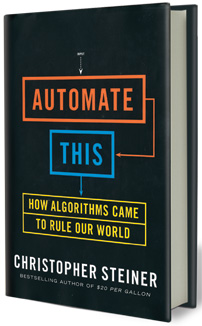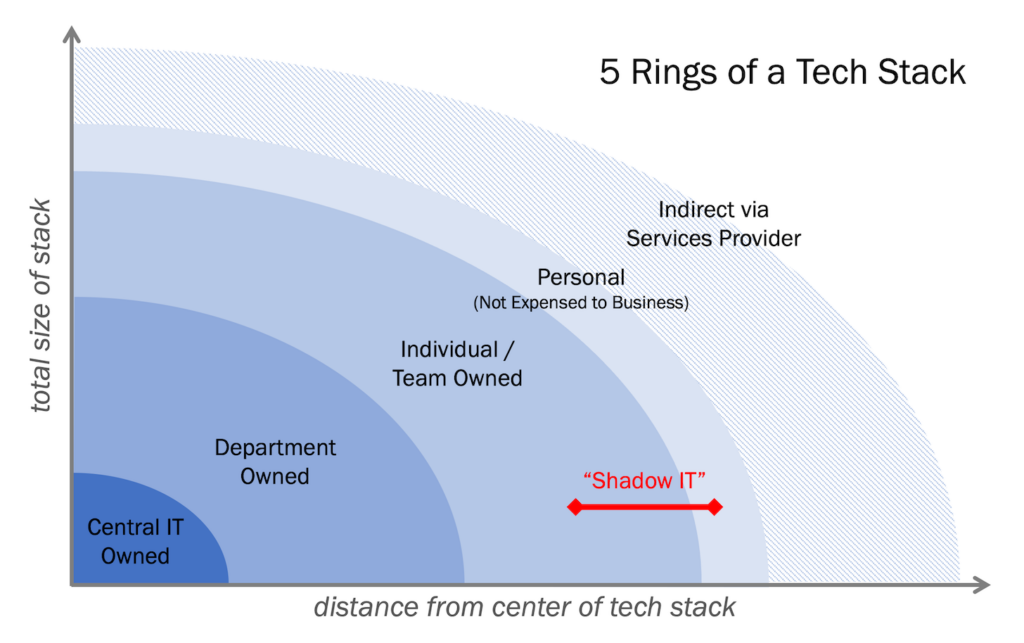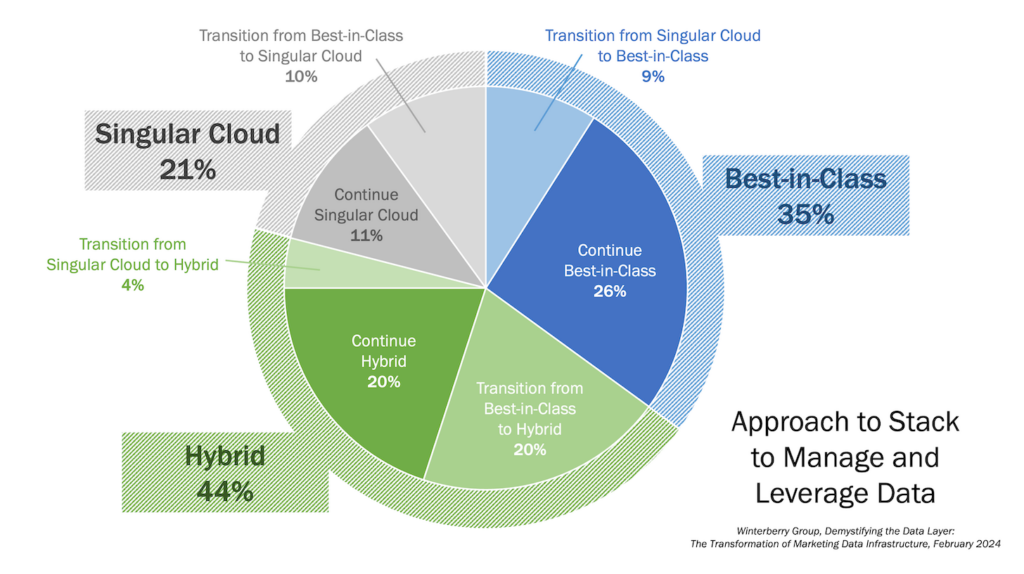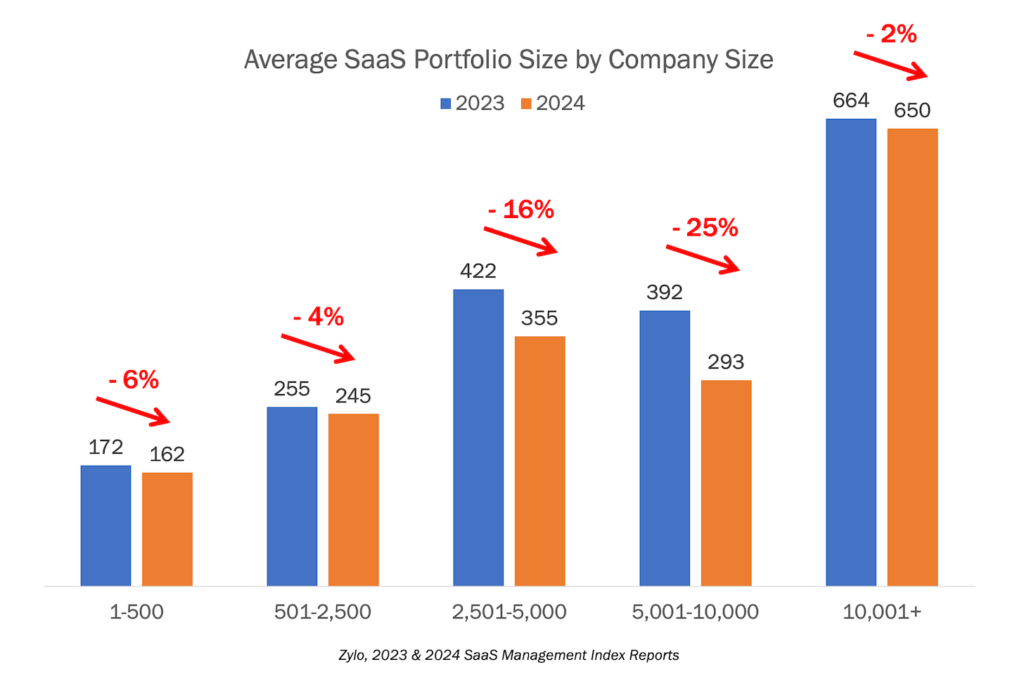Do you think computers and software could run marketing as well as humans? Or better?
Skeptics and humanists — which describes my leanings on this subject, even though I’m a technologist by trade — may reflexively answer “no.” The complex organizational and psychological facets of marketing — a discipline renown for creativity and imagination — seems like it would defy the purely mechanical capabilities of computation.
That’s true today. But if you doubt the potential for software to take on a much larger role in the future of marketing, you should read Automate This: How Algorithms Came to Rule Our World by Christopher Steiner.
Steiner starts his book by telling the tale of how computers took over Wall Street, beginning with the story of one of the first computer programmers to hack NASDAQ in the 80’s and effectively pluck money off of trees.
Over the next 20 years, Wall Street evolved rapidly from a physical pit of human traders, shouting at each other like in the movie Trading Places, to an environment where superfast computers and communications systems powered by innovative software now dominate the market. Traders as we knew them are an antiquity.
Man vs. Machine on Wall Street: How Computers Beat the Market is a great article in The Atlantic that describes this phenomenon, opening with, “Wall Street, meet your post-human future.”
Now, you might be saying to yourself that finance is completely different than marketing. It’s all analytics and number-crunching, right? So sure, a computer could probably do that better than a human.
But Steiner goes on to describe how the state-of-the-art in these market playing applications employ a large number of “psychological” tricks against opponent programs, engaged in a virtual Cold War with each other, with real billions at stake. It becomes eerily human. Or more accurately, superhuman.
Still skeptical?
After all, it’s not like software is going to be able to do things like write poetry, compose music, diagnose patients, or play poker in ways that would compete with leading composers, poets, doctors, or World Championship players, right? Right?!
Yet Steiner debunks all of those bastions of human superiority with chapters describing how algorithms are already encroaching in all of those cases. And while they haven’t taken over those fields to the same degree that they have Wall Street, the examples he documents give compelling evidence that even our most human endeavors aren’t immune from computational competition.
Which naturally leads one to wonder about the impact algorithms will have on marketing.
To a certain extent, they’ve already had a significant impact. Personalization algorithms, such as the ones selling and upselling visitors on Amazon. Targeting and bid optimization algorithms at work in digital ad networks and exchanges. New “big data” algorithms that peruse terabytes of information looking for profitable opportunities in customer behavior.
For now, these algorithms are largely relegated to specific niches and have yet to be meaningfully interconnected. Human marketing managers are still mostly at the wheel, using software to assist them in their mission. “Marketing automation” is still something of an oxymoron.
But after reading Steiner’s book, I believe that a future of front-and-center algorithmic marketing — sometimes called computational marketing — may not be as far off as I would have previously thought.
Technology moves fast. And technological innovation appears to be accelerating. Should we be fascinated? Excited? Frightened? Philosophically reflective? Probably all of the above. But learning lessons from Wall Street’s transformation, we should be prepared.





Awesome post, Scott. Buying this book today.
This is a concept I’ve been contemplating for the last year or so. I’ve come to believe that large portions of marketing strategy can actually be automated when you marry standard activities with historical performance metrics.
So, for example, if the marketing goal for next month is 50 event registrations, the plan would start with a search of all activities in the last 12 months that generated event registrations. You then filter those activities by conversion rates, time investment, cost, etc, and the marketing consultant applies the final human filter to select the ideal actions to achieve the desired outcome. In essence, the consultant becomes a curator of marketing strategy.
The software doesn’t exist (yet), but algorithms and computer learning make this possible. I don’t think it’s as far away (or crazy) as people may believe.
Thought-provoking stuff as ever, Scott.
It’s absolutely the case that machines have taken over tasks (such as trading) that used to be delegated to humans and, as long as there are efficiencies to be gained from it, this trend will continue.
Still, it may stop once you “reach the top.” After all, someone at least has to get the machines started. They have not yet evolved to the point where they can choose on their own to start trading stocks or writing symphonies in the style of Vivaldi, although they can do this. Following this logic, I can see a future where we have a marketing puppet master whose entire “team” consists of machines (they are already on the team, as you point out).
Another thing to notes is that “they” have already figured out ways to incorporate humans into the algorithmic process—using us to help with interpretation of photographs, for example, since it is still easier to tell a human to look for things in a picture (like an intruder in a border zone) than to teach machine how to do that. So, in a sense, it’s already the case that some people are effectively managed by bots.